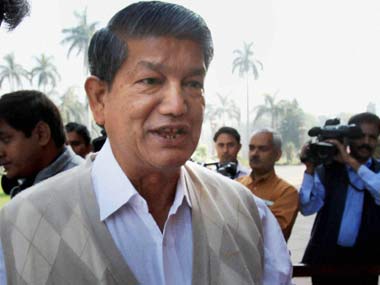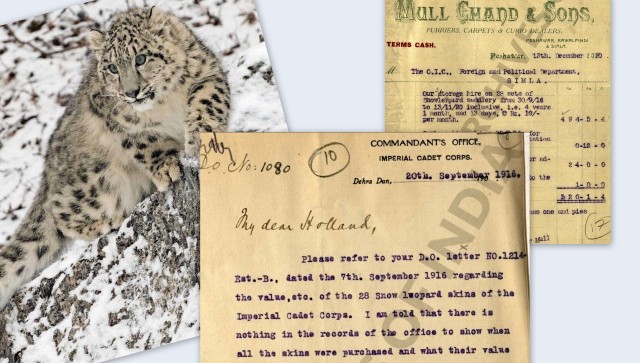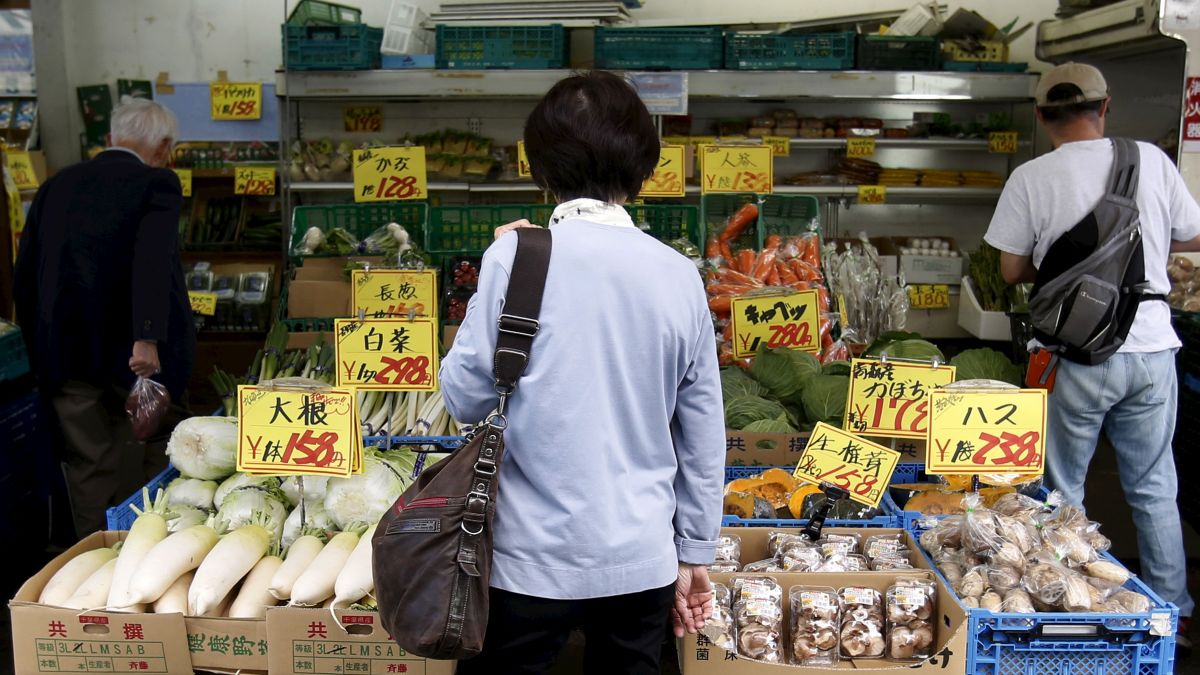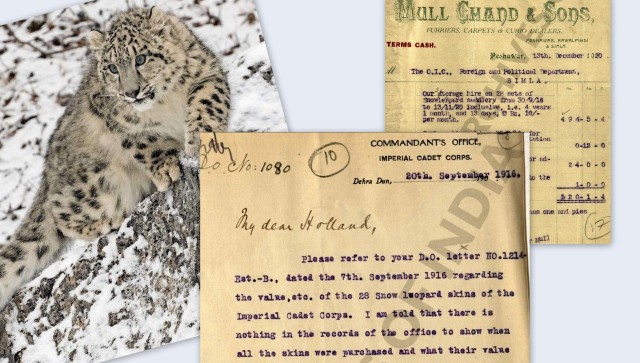Dehradun: While Bara Hoti continues to be a cause of dispute for India and China, Uttarakhand Chief Minister Harish Rawat on Wednesday acknowledged that the instances of transgression from the Chinese troops have increased and that the Centre must take cognisance of the ongoing Chinese activities in the grazing lands of Bara Hoti.
Bara Hoti, a grazing land spread across 80 square kilometres in Uttarakhand’s Chamoli district, is a disputed territory between India and China. With both sides claiming ownership of the territory, activities of transgression from the Chinese side have often been noted in the region.
In 2012, Vijay Bahuguna, the then chief minister of Uttarakhand, had quoted during a chief ministers’ conference on internal security in New Delhi that 37 instances of transgression had been noted in the area between 2007 and 2011.
Transgression activities continue in the region, in fact, the presence of the Chinese troops has increased in the area.
On July 19, troops of Chinese Army (People’s Liberation Army) were noted by the ITBP in the area. A Chinese helicopter was also seen in the area which stayed there for about five minutes.
A highly placed source told Firstpost that though the norm is to patrol the area four times in a year, however, the terrain being difficult, the target is barely achieved by half.
It is difficult to form a team from departments including revenue, agriculture, ITBP and the central government agencies to visit the disputed area for patrolling due to the rough terrain and high altitudes. But, whenever patrolling happens people from the Indian side drop biscuit wrappers, match boxes to mark their presence in the region. The Chinese troops, for whom it is an equally difficult terrain, do the same when they visit the region.
However, these activities are restricted to an area marked by a rivulet which forms an unofficial border between the two countries. All activities on ground must be restricted to this rivulet, else it would be called incursion.
Speaking on these activities Rawat said, “Earlier, it was not an active border, but now there is an increased presence of the Chinese troops in Bara Hoti and it must be taken into cognisance.”
Replying to queries over Rawat’s comments, Union Minister of State for Home Affairs Kiren Rijiju said, on Wednesday that a “detailed report” shall be sought to ascertain whether the activities of the Chinese troops could be termed as “incursion.”
However, with stories running in the media claiming that Rawat had stated incursion of the Chinese into the Indian territory, the chief minister clarified that there was no incursion, but an increased activity from the Chinese side had been witnessed in Bara Hoti.


)




)
)
)
)
)
)
)
)